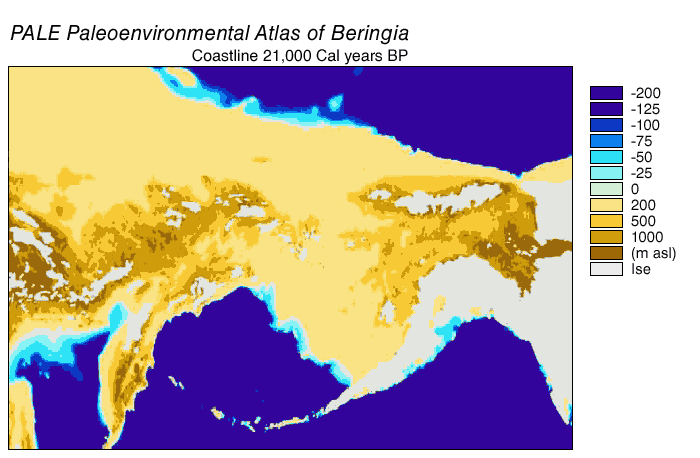|
Samuel Engel
Samuel Engel (2 December 1702 – 26 March 1784) was a Swiss librarian, civil servant, economist and agronomist working in Bern who introduced innovations in several fields. He was convinced of the existence of a Northeast Passage and published several influential books about the Arctic. Early life and education Engel was born in Bern as son of Burkhard Engel (1662–1750), Landvogt of the Canton of Bern in Frienisberg Abbey, and Rosina Fischer (died 1752). He studied at the University of Bern from 1718 to 1722, preparing for a career in the civil service. After some travels, he passed the exam as a notary in 1726. Professional career Engel worked as an administrator for orphanages from 1724. From 1736 to 1748, he was head librarian of the city library, which was modernised under his leadership. A bibliophile and collector, he bought so many books at auctions that he had to sell several again at a loss in 1744. Engel started the use of alphabetised catalogues and pioneer ... [...More Info...] [...Related Items...] OR: [Wikipedia] [Google] [Baidu] |
Bering Land Bridge
Beringia is defined today as the land and maritime area bounded on the west by the Lena River in Russia; on the east by the Mackenzie River in Canada; on the north by 72 degrees north latitude in the Chukchi Sea; and on the south by the tip of the Kamchatka Peninsula. It includes the Chukchi Sea, the Bering Sea, the Bering Strait, the Chukchi and Kamchatka Peninsulas in Russia as well as Alaska in the United States and the Yukon in Canada. The area includes land lying on the North American Plate and Siberian land east of the Chersky Range. At certain times in prehistory, it formed a land bridge that was up to wide at its greatest extent and which covered an area as large as British Columbia and Alberta together, totaling approximately . Today, the only land that is visible from the central part of the Bering land bridge are the Diomede Islands, the Pribilof Islands of St. Paul and St. George, St. Lawrence Island, St. Matthew Island, and King Island. The term ''Beringia'' ... [...More Info...] [...Related Items...] OR: [Wikipedia] [Google] [Baidu] |
Agriculture Economie Rustique, Pommes De Terre (from Suite Du Recueil De Planches)
Agriculture or farming is the practice of cultivating plants and livestock. Agriculture was the key development in the rise of sedentary human civilization, whereby farming of domesticated species created food surpluses that enabled people to live in cities. The history of agriculture began thousands of years ago. After gathering wild grains beginning at least 105,000 years ago, nascent farmers began to plant them around 11,500 years ago. Sheep, goats, pigs and cattle were domesticated over 10,000 years ago. Plants were independently cultivated in at least 11 regions of the world. Industrial agriculture based on large-scale monoculture in the twentieth century came to dominate agricultural output, though about 2 billion people still depended on subsistence agriculture. The major agricultural products can be broadly grouped into foods, fibers, fuels, and raw materials (such as rubber). Food classes include cereals (grains), vegetables, fruits, cooking oils, meat, milk, ... [...More Info...] [...Related Items...] OR: [Wikipedia] [Google] [Baidu] |


